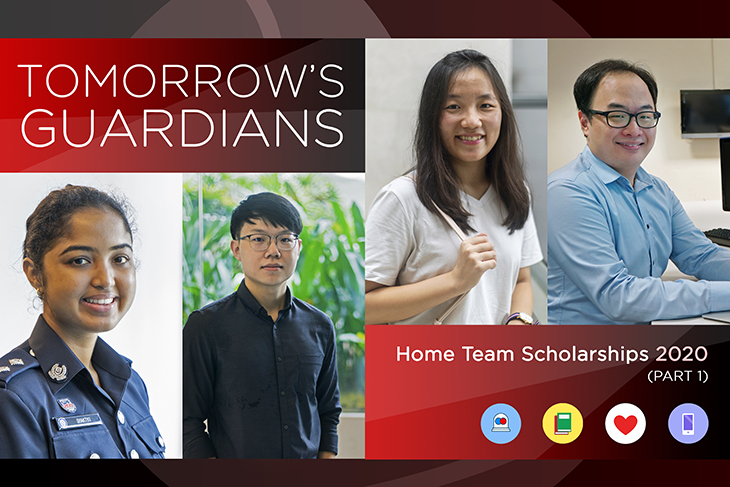Official website links end with .gov.sg
Government agencies communicate via .gov.sg websites (e.g. go.gov.sg/open). Trusted website
Secure websites use HTTPS
Look for a
lock (

